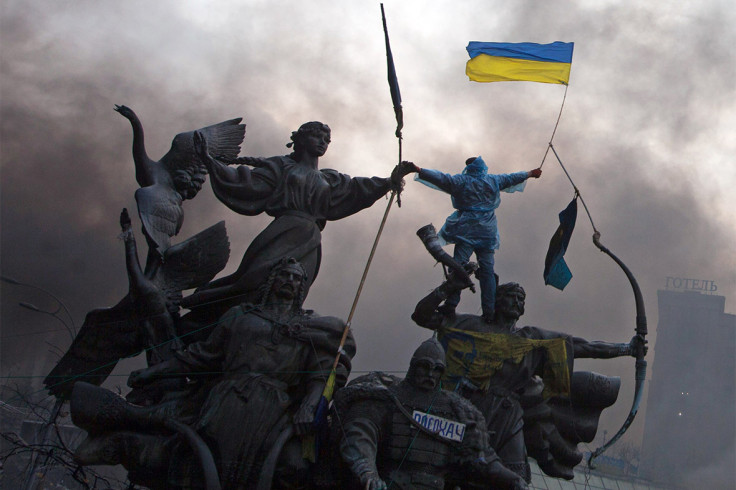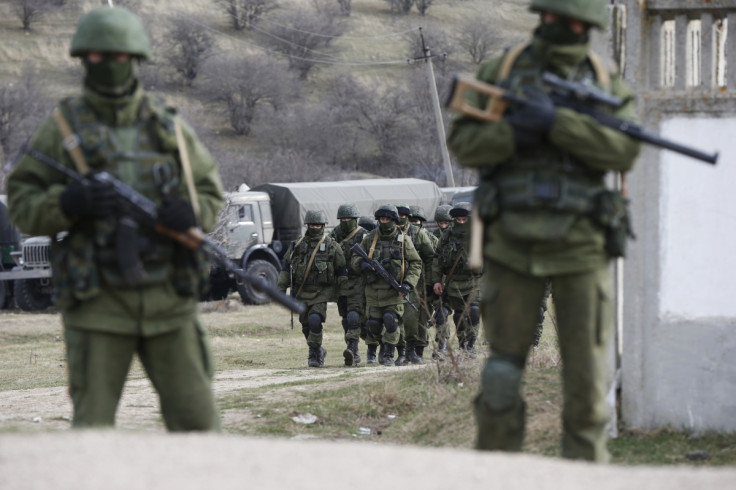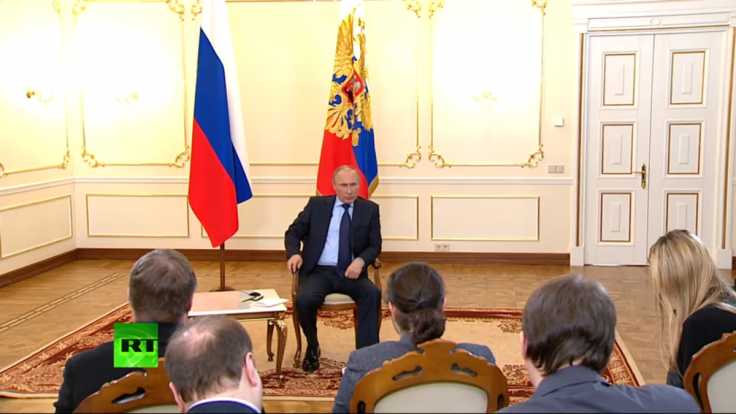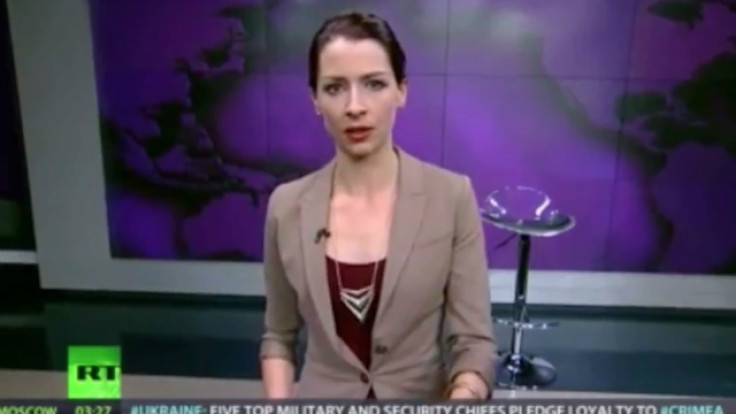Ukraine Crisis: How Russia's Invasion of Crimea Put World on the Brink

The crisis in Crimea follows the protests in Ukraine which were sparked when former president Viktor Yanukovich spurned a trade and investment deal with the EU and asked for financial help from Russia instead.
Russian president Vladimir Putin agreed to buy billions of dollars of Ukrainian government bonds and to reduce the price of gas exports to its client state. Yanukovich admitted that his decision had been influenced by heavy pressure from Ukraine's former Soviet master.
Pro-EU protesters accused him of selling out and the protests began. Initially peaceful, they became violent after the introduction of fresh anti-protest laws.
More than 70 people died during three months of protests, which veered towards civil war. At least 600 people were injured.
The Ukrainian parliament impeached Yanukovich and announced elections for 25 May. He fled Kiev and at this point, Russia decided to withhold $2bn in bailout cash until there was more clarity.
A Russian government official said Moscow would be willing to fight a war over the Russian-majority region of Crimea, where the Black Sea Fleet were among its valuable military assets based there.

Invasion
Russia deployed forces in Crimea. Ukraine condemned the "armed invasion and occupation in violation of all international treaties and norms".
Putin deployed 80 combat helicopters, ignoring US warnings about a military drill increasing tensions.
Even when Putin ended military manoeuvres near Ukraine's border, his troops were still in Crimea.

He defended the use of force in Crimea by saying Russia reserved the right to defend its people from "ongoing lawlessness". He justified the intervention by saying that Yanukovich had asked for help in accordance to the principles of international law.
Reactions
Ukraine accused Russia of declaring war on its territory and warned that the country was on the "brink of disaster".
Ukraine's first president, Leonid Kravchuk, said he would take up arms to defend his homeland if Moscow did not retreat.
Interim president Oleksandr Turchinov said government forces were ready to deal with the threat of "potential aggression", as 15,000 Russian troops reportedly joined the 2,000 who had seized Crimea.

Russia Today (RT) anchor Abby Martin spoke out against Russia's invasion of Crimea during a live broadcast. "Just because I work here, for RT, doesn't mean I don't have editorial independence and I can't stress enough how strongly I am against any military intervention in sovereign nations' affairs. What Russia did is wrong," she said at the end of RT's Breaking the Set.
China backed the invasion. "The foreign ministers of both countries exchanged views on the situation in Ukraine. They noted the coincidence of positions on this aspect," a spokesperson for the Russian ministry said.
The US State Department will impose sanctions on Russia including banks and assets of Russian public institutions and private investors. However, the US is hesitant about acting alone and wants the European Union to adopt a tough line against Moscow.
While countries in Eastern Europe largely supported the US stand, EU foreign ministers remained divided over action against Russia.
US secretary of state John Kerry arrived in Kiev to hold talks with Turchynov and pledged $1bn in loan guarantees.
British foreign secretary William Hague urged Russia to attend talks at a planned international summit in Paris. Hague told MPs in the Commons that he was ready to agree "targeted measures" against Russia.
Prince Edward cancelled a visit to the Sochi Paralympics
Germany's chancellor Angela Merkel spoke of Putin as a man "into another world".
Former foreign minister of the Czech Republic, Karel Schwarzenberg, accused Putin of acting like Hitler in 1930s Europe after moving Russian troops into Ukraine's Crimean peninsula.
"What's happening in Ukraine is history repeating itself," Schwarzenberg told Austrian publication Osterreich.
© Copyright IBTimes 2024. All rights reserved.






